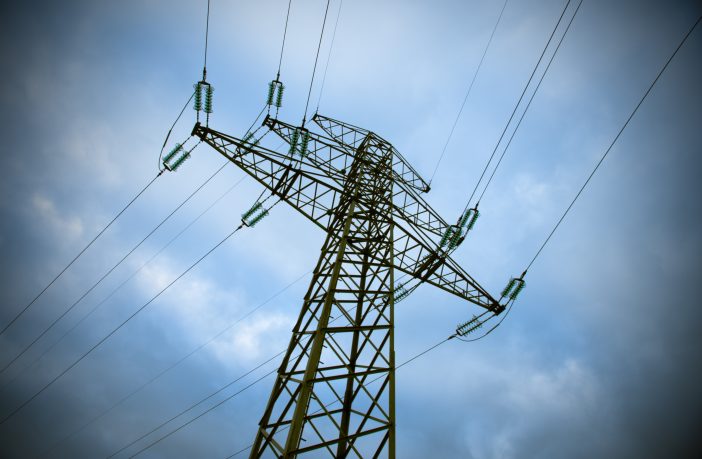- The annual contract is for the supply of 35 MW.
- EDM transmits the electricity to the border with South Africa.
- It then uses the existing power lines inside South Africa for transmission to Lesotho.
Last week Mozambique’s publicly owned electricity company, Electricidade de Moçambique (EDM) renewed its contract to sell power to the Lesotho Electricity Company (LEC).
The contract is for a year, renewable. EDM will earn 7.2 million dollars through the supply of 35 megawatts, which is 20 per cent of Lesotho’s total electricity consumption.
Announcing the agreement in Maputo, the EDM chairperson, Ali Sicola, said that Mozambique, through EDM, has had a contract to sell power to Lesotho since 2008. “Today we are renewing this contract”, he said. “It can be renewed after a year, if both parties think that the business should continue”.
Mozambique’s responsibility, he added, is to transmit the electricity to the border with South Africa. It would then use the existing power lines inside South Africa for transmission to Lesotho.
Sicola thought the agreement was “very important”, not only for Lesotho’s development and electrification projects, but also for EDM which will earn a substantial sum from the deal.
At the signing ceremony, the chairperson of LEC, Victor Ketso, also stressed the importance of the contract. “Reliable supply of electricity is indissociably linked to the economic development of our countries”, he said.
“The agreement strengthens the existing friendship between the peoples of Lesotho and of Mozambique”, he added. “Let us all collaborate in various fields of mutual interest, in order to improve the lives of the people we serve”.
Author: GBA News Desk
Source: EDM















